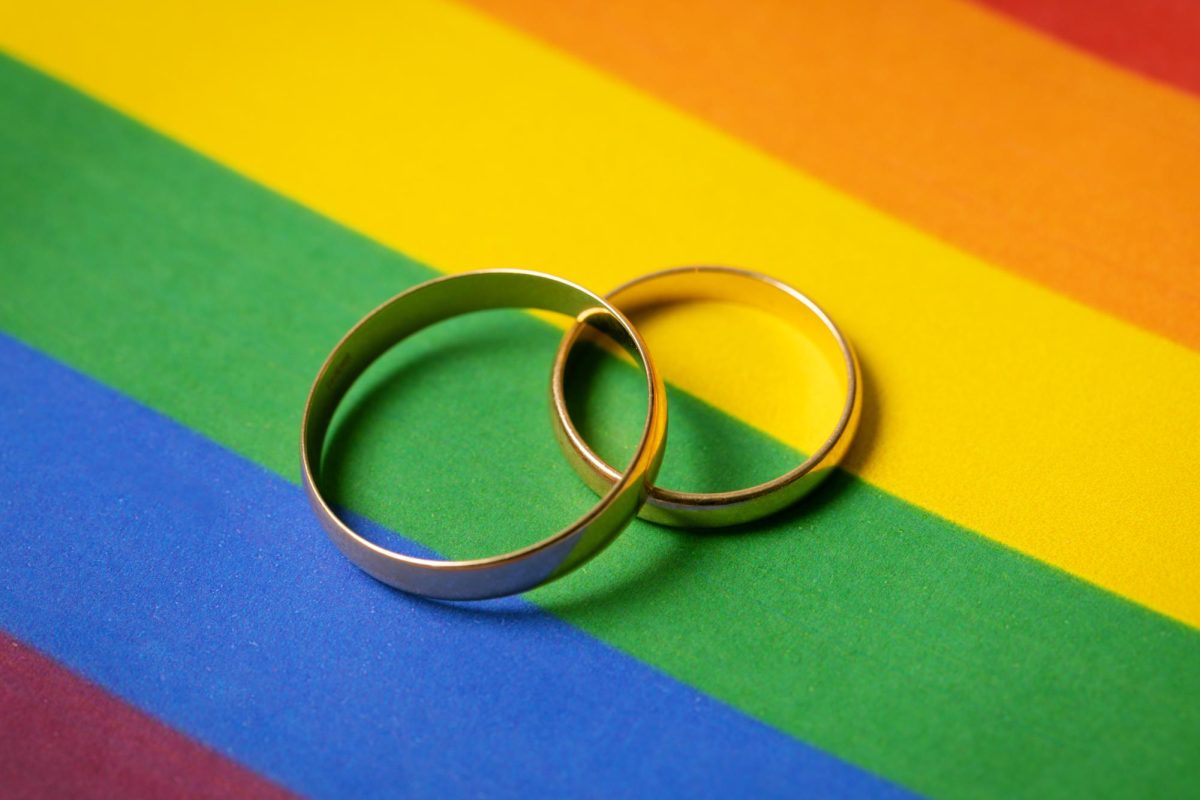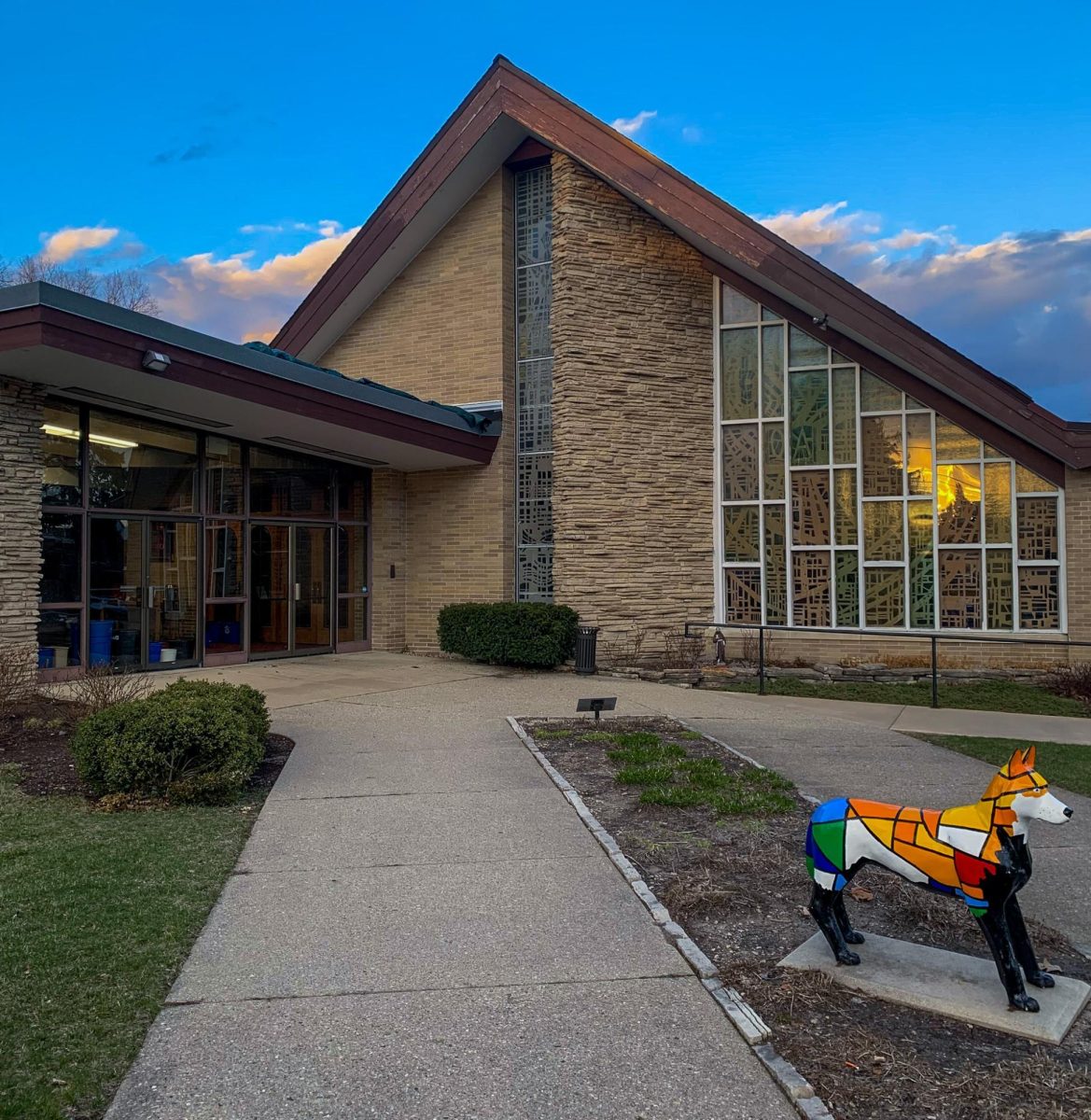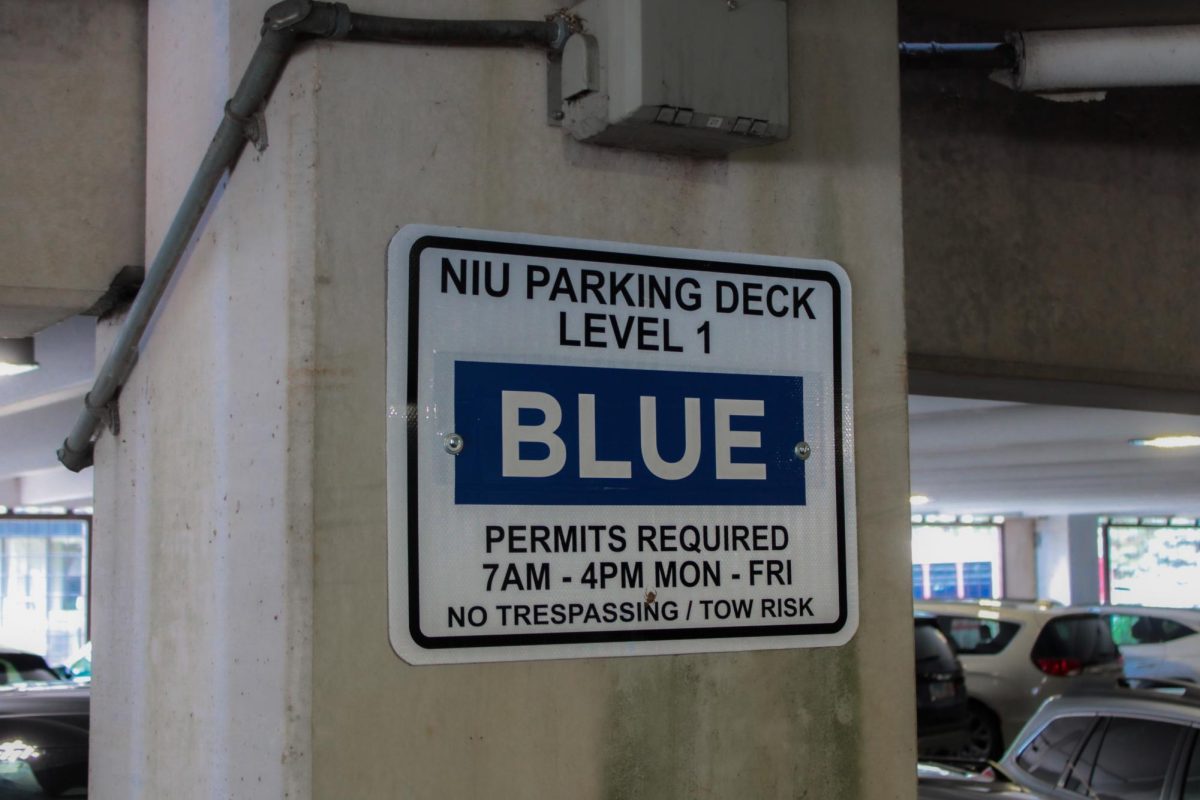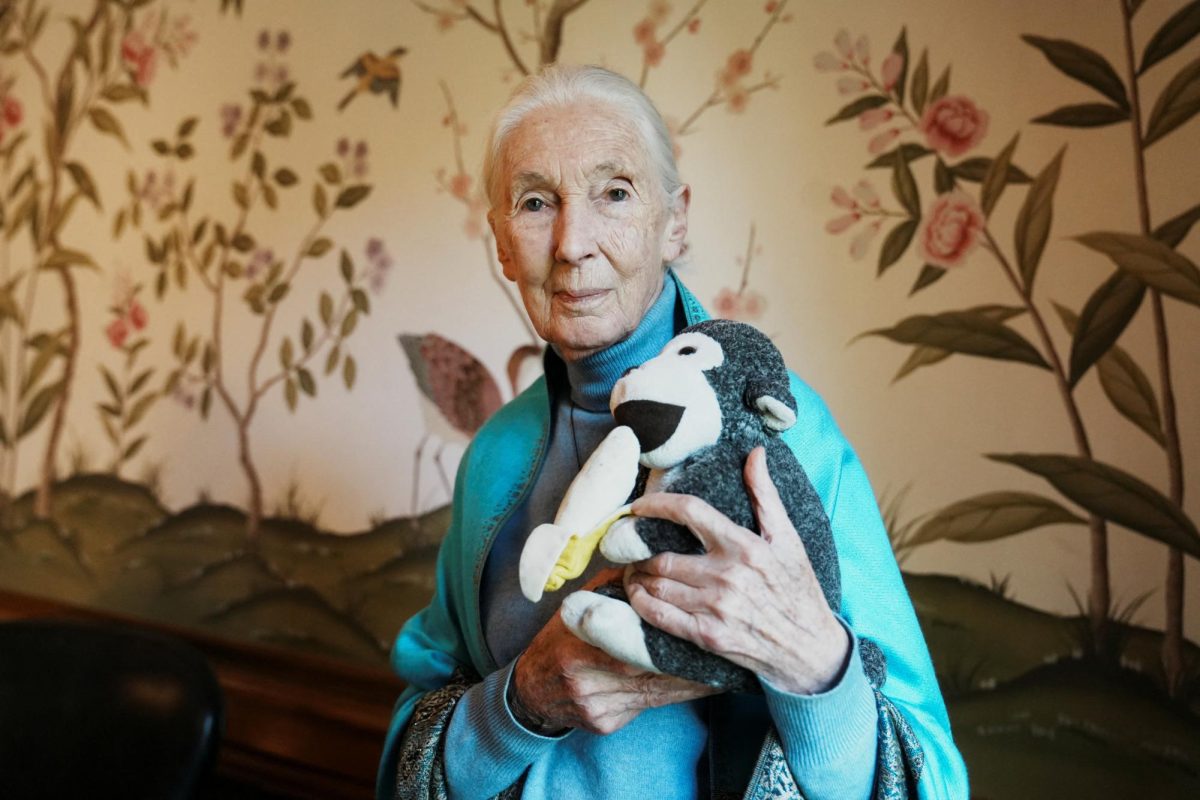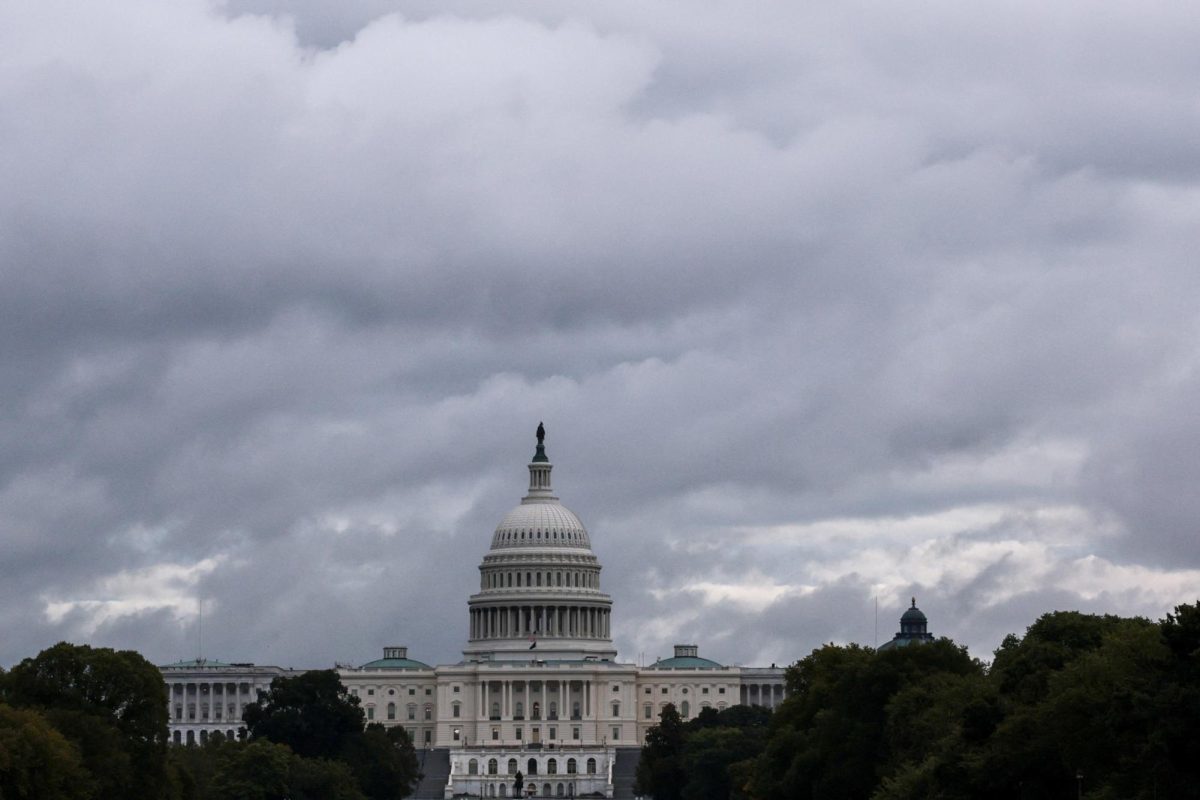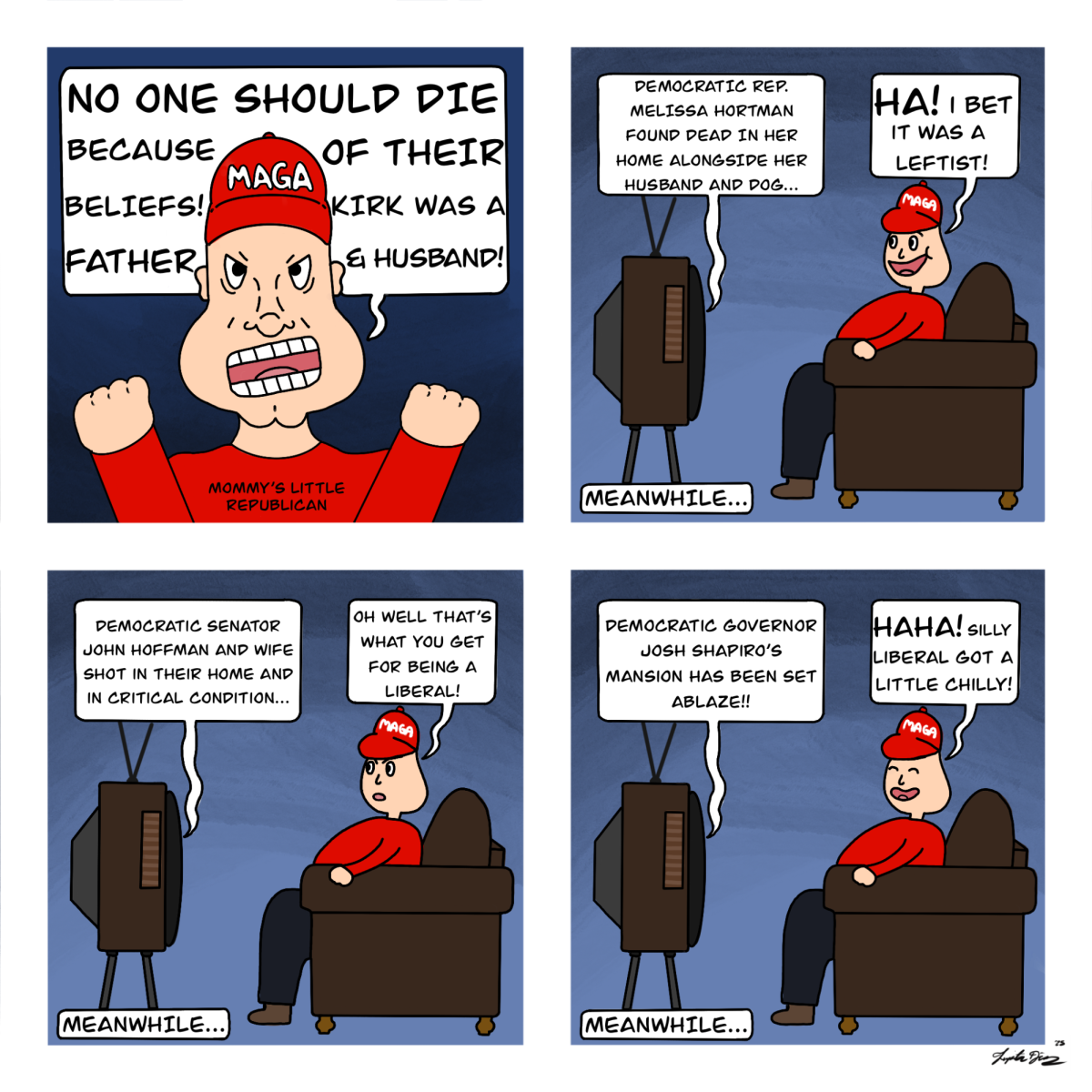Just 10 years ago, the Supreme Court made a life-changing decision that would give millions of Americans the right to marry whomever they would like. On June 26, 2015, in a 5-4 decision, the court ruled in favor of Obergefell v. Hodges, which requires that all states must recognize same-sex marriage.
The decision in this milestone case should be upheld and all states should accept and recognize same-sex marriage.
The debate surrounding same-sex marriage has been an ongoing argument among individuals dating back to the early 1970s. In September 1971, Jack Baker and Michael McConnell became the first same-sex couple to apply for a marriage license. However, their request was denied by Gerald Nelson, a clerk in Minnesota. This led to Baker suing Nelson, resulting in the start for the fight for marriage equality. This revolutionary case is known as Baker v. Nelson.
While same-sex marriage was legalized 10 years ago, there are still those who do not agree with the premise of marriage between individuals of the same sex. The animosity toward same-sex marriage is linked to religious beliefs, the belief of traditional gender roles and sexual prejudice, according to the Naitonal Library of Medicine. While opposing views can seem dated, they are still present in this day and age.
Despite the rise in support of same-sex marrige in the U.S., people often protest gay marriage and people in the LGBTQ community, holding signs like “you will burn in h—” or “homosexuals are possessed by demons.” These vicious verbal attacks are not the only ways that individuals express their discomfort with homosexuality.
In the last few months, the Supreme Court was formally asked to overturn same-sex marriage by former Kentucky County Clerk, Kim Davis. Davis was put in jail for six days in 2015, after refusing a marriage license to a gay couple, due to her religious beliefs. She is now arguing the writ of certiorari protects her First Amendment right to her religious beliefs, which allows her the right to deny a marriage license. In addition to this, she also claims that extending marriage rights to same-sex couples, under the 14th Amendment, is “egregiously wrong.”
While the lower courts and Supreme Court seem to show little to no interest in her request, Davis’ argument has opened the door for more anti-LGBTQ hate on the state level. In the first half of 2025, at least nine states have already begun to seek action in hopes of blocking marriage licenses for same-sex marriage or hopes for reversal of Obergefell v. Hodges, according to Lambda Legal.
While there are many people opposed to same-sex marriage, The Lambda Legal states that nearly 70% of Americans support LGBTQ rights. Therefore, this level of alliance on same-sex marriage adds a great deal of weight to the topic.
It is also important to note that the Respect for Marriage Act of 2022 states the federal government and all states must recognize the marriages of same-sex and interracial couples. So, if Obergefell v. Hodges were to be at risk, LGBTQ couples who were already married, would be protected under this act.
The dispute over same-sex marriage is one that should have been put to rest a long time ago. Using religion or personal beliefs to spread hate and negativity to others only further divides us as a country.
Rather than bring others down, individuals should be focused on appreciating and loving each other’s differences. At the end of the day, we are all humans and deserve to love who we want to love, without living in fear.


